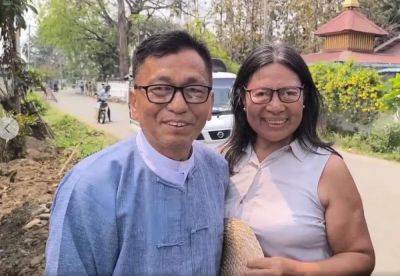Decode Politics: Why ILP making news in Northeast again, this time Meghalaya
The decades-long demand for an Inner Line Permit (ILP) regime in Meghalaya is simmering again with members of the Khasi Students’ Union (KSU) targeting migrant workers in the state in recent weeks. As part of this, the KSU set up what it called an “ILP check-post” to verify documentation of vehicles entering the state from Assam – later taken down by the police and district administration – and has been accused of several incidents of assault in its bid to check “work permits” of migrant workers and non-tribals working in the state.
The ILP regime is in place in four Northeast states – Arunachal Pradesh, Nagaland, Mizoram, and most recently, Manipur. As part of this, any Indian citizen who does not belong to the state is required to procure an official travel document called anInner Line Permit (ILP), issued by the state government concerned, to visit or stay in these states. An Indian citizen who does not belong to these states cannot stay beyond the time period specified in the ILP.
The concept originated out of the Bengal Eastern Frontiers Regulations (1873), which prohibited the entry of any British subject or foreign citizen beyond a prescribed “Inner Line” – essentially demarcating the plains areas of Assam from the tribal hills surrounding it – without a pass. It also prohibited any person “not being a native” of the areas concerned to “acquire any interest in land or the product of land beyond the said Inner Line” without sanction. The regulations sought to both reassure tribals, who had their own strict customs, that the British would not interfere in their areas, as well as to protect British commercial interests in the plains from raids and incursions from the tribes.
After Independence, the policy was extended,







